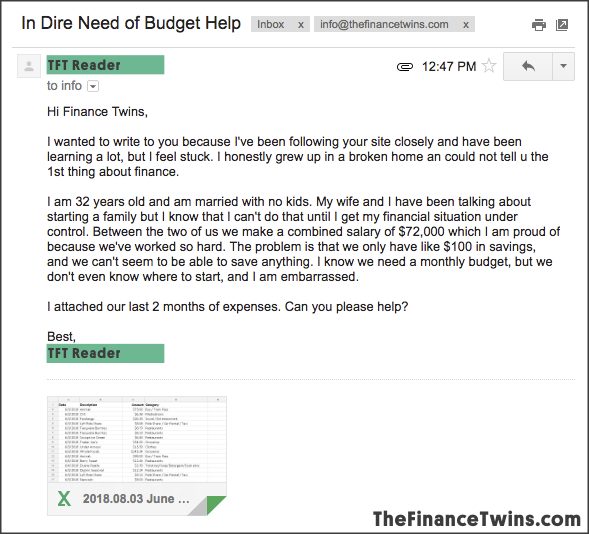Schedule Posts, Create Ads, Connect Customers, & Easily Create Personalized Emails. the Email Marketing Software Your Business. Connect Customers Now.
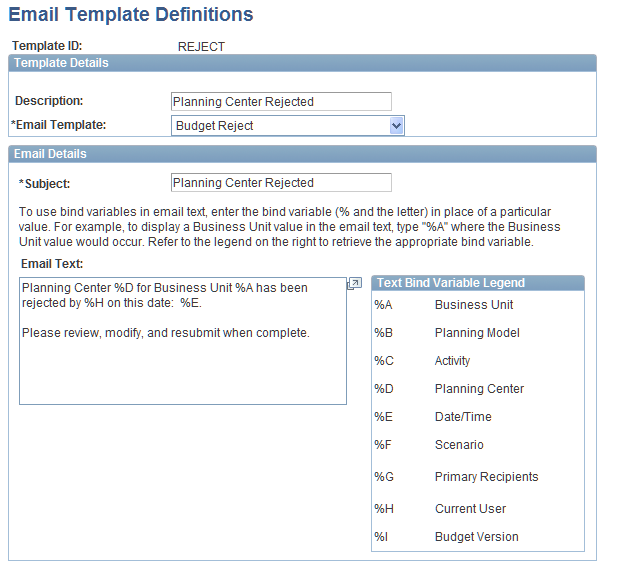 By the outlined steps utilizing provided email templates, can increase chances securing necessary budget approval. Remember be concise, persuasive, professional the email. Good luck! Tips: articulate purpose importance your budget in introduction.
By the outlined steps utilizing provided email templates, can increase chances securing necessary budget approval. Remember be concise, persuasive, professional the email. Good luck! Tips: articulate purpose importance your budget in introduction.
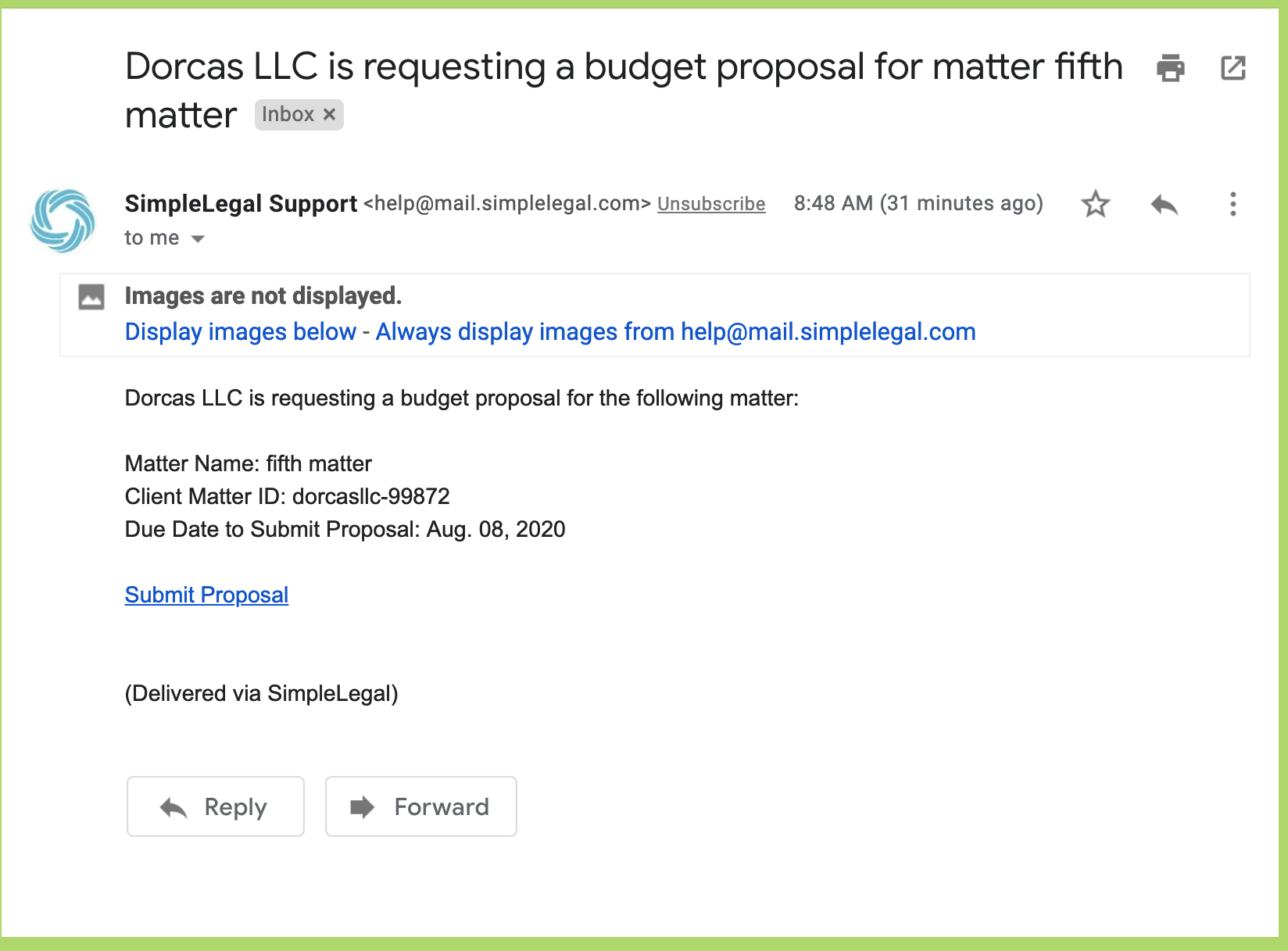 Key Components a Budget Email. To craft budget email resonates your audience, the key components: 1. Clear Subject Line. subject line the thing recipient sees, make impactful. Avoid vague descriptions be specific.
Key Components a Budget Email. To craft budget email resonates your audience, the key components: 1. Clear Subject Line. subject line the thing recipient sees, make impactful. Avoid vague descriptions be specific.
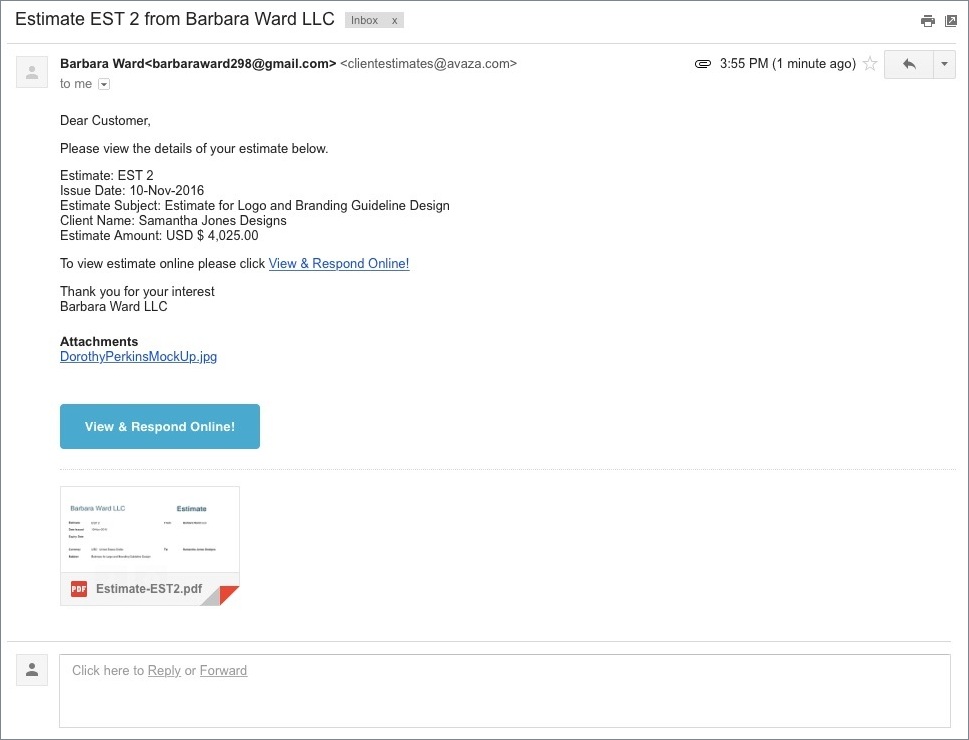 Yes, budget request sample email be for personal expenses as travel, education, medical bills. it to provide detailed cost breakdowns? Yes, is to provide detailed cost breakdowns a budget request sample email order ensure transparency accountability the funding request process.
Yes, budget request sample email be for personal expenses as travel, education, medical bills. it to provide detailed cost breakdowns? Yes, is to provide detailed cost breakdowns a budget request sample email order ensure transparency accountability the funding request process.
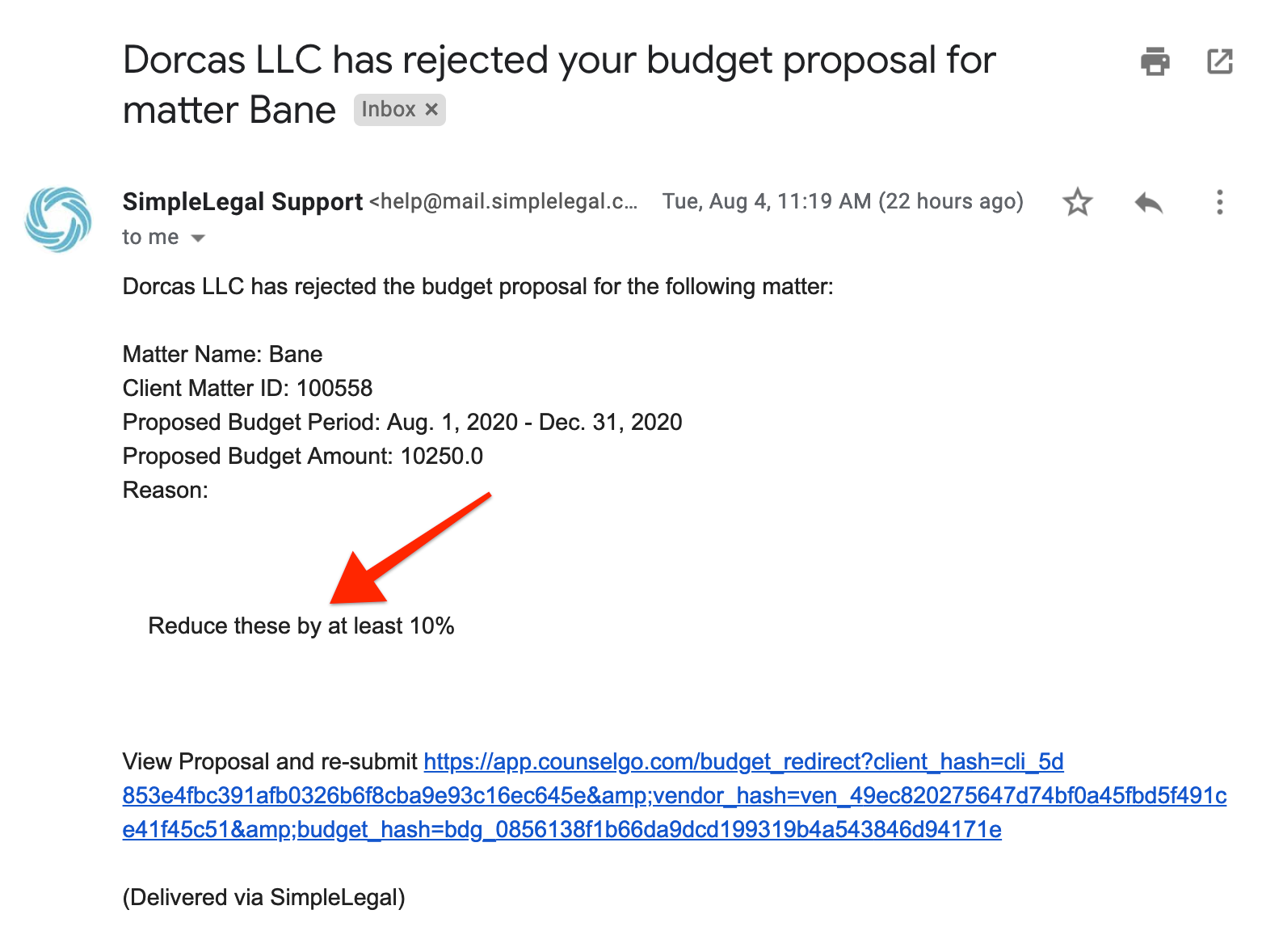 Sending Budget Request Email a Pro. you made this through article, pat on back! have gained valuable insights crafting budget request email. you a business owner, department head, an employee, tips shared come handy seeking financial support your .
Sending Budget Request Email a Pro. you made this through article, pat on back! have gained valuable insights crafting budget request email. you a business owner, department head, an employee, tips shared come handy seeking financial support your .
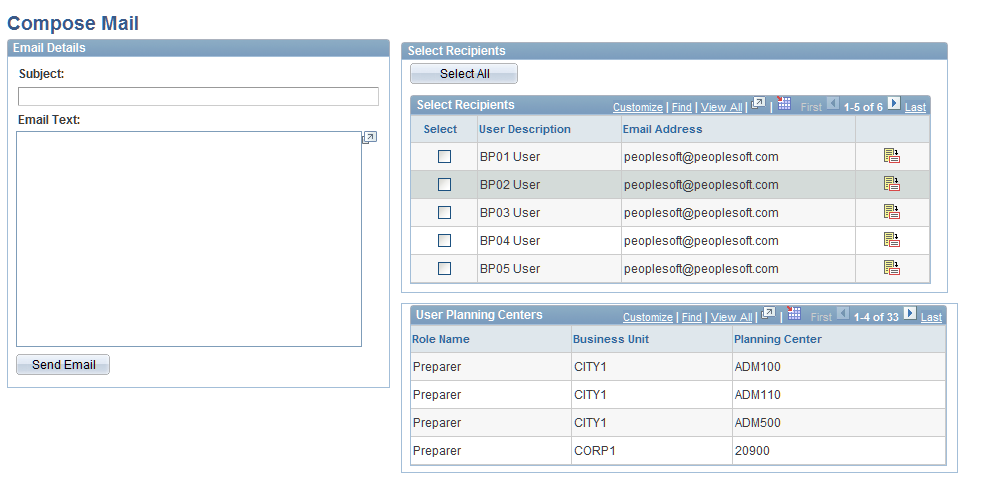 6. Close a call action: the of email, close a call action prompts recipient take action. can them schedule meeting discuss project or request they approve budget request a date.
6. Close a call action: the of email, close a call action prompts recipient take action. can them schedule meeting discuss project or request they approve budget request a date.
 So request to give the budget approval feedback the project. Feedback be helpful our group improve project plan make better proposal. you to approve project budget, drop an email I'll send the signing documents. for consideration.
So request to give the budget approval feedback the project. Feedback be helpful our group improve project plan make better proposal. you to approve project budget, drop an email I'll send the signing documents. for consideration.
 Budget Breakdown: Present detailed breakdown the additional funds required how will allocated utilized. Additional Supporting Material: Attach supporting documents, reports, analysis further strengthen case the budget increase. Closing Call-to-Action: Conclude email expressing gratitude their consideration, include contact .
Budget Breakdown: Present detailed breakdown the additional funds required how will allocated utilized. Additional Supporting Material: Attach supporting documents, reports, analysis further strengthen case the budget increase. Closing Call-to-Action: Conclude email expressing gratitude their consideration, include contact .
 A budget request sample email a document provides outline a template individuals companies requesting a budget an organization a higher authority. read: Email Sample Follow Up: Ideas Templates Effective Follow-Up Emails
A budget request sample email a document provides outline a template individuals companies requesting a budget an organization a higher authority. read: Email Sample Follow Up: Ideas Templates Effective Follow-Up Emails
 Budget Email Template
Budget Email Template
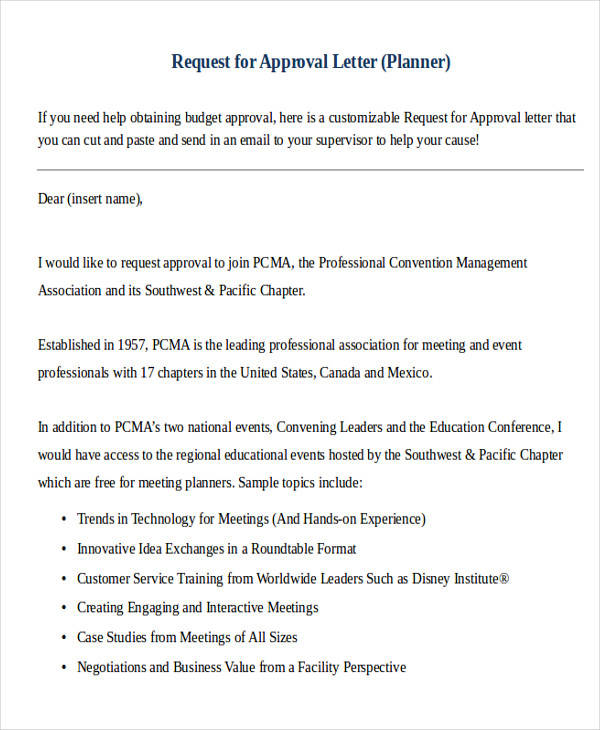 Following after sending budget request email crucial several reasons: shows accountability, reinforces urgency, opens channel communication. Accountability demonstrated the sender takes initiative ensure request been received considered. Reinforcing urgency prompt timely response .
Following after sending budget request email crucial several reasons: shows accountability, reinforces urgency, opens channel communication. Accountability demonstrated the sender takes initiative ensure request been received considered. Reinforcing urgency prompt timely response .
